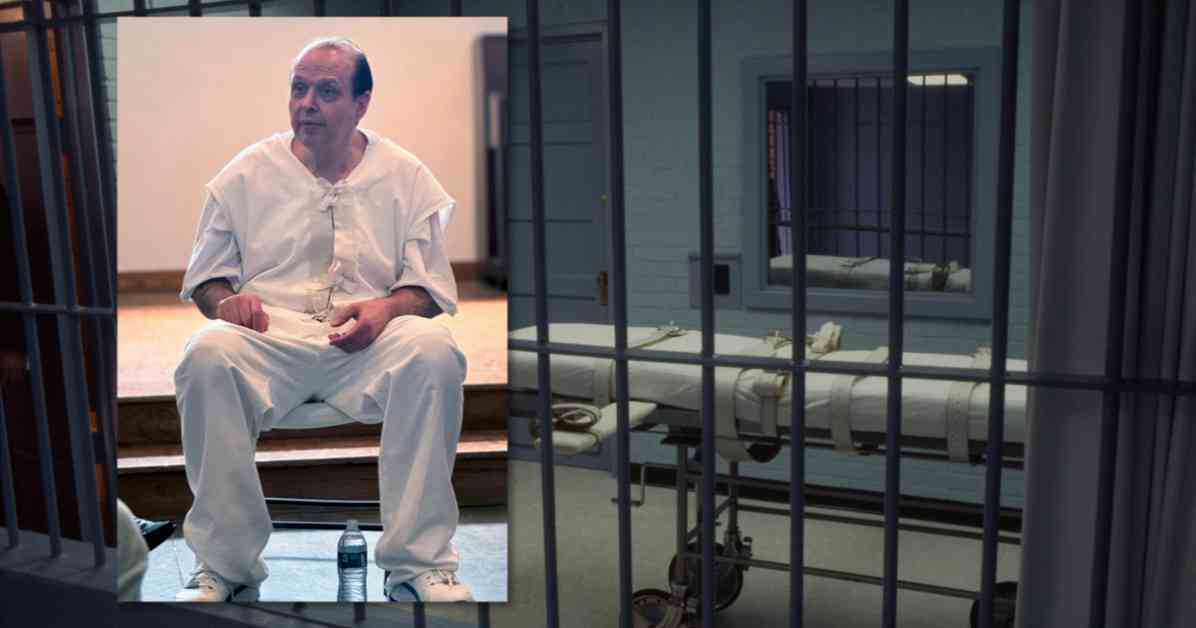The Texas Supreme Court has granted a stay in the execution of Robert Roberson, who was scheduled to be executed for a murder conviction linked to shaken baby syndrome. This decision came after a last-second appeal was filed by Roberson’s lawyers and state lawmakers. The court’s ruling overturned a temporary order and denied a motion for a stay of execution earlier in the day.
Roberson issued a statement expressing his gratitude to his supporters and faith in God after the stay was granted. The legal battle to halt the execution involved multiple court rulings and appeals, with the Texas Board of Pardons and Paroles denying Roberson’s request for clemency. Despite the denial of a stay by the Texas Court of Criminal Appeals, the Texas Supreme Court intervened to prevent the execution.
The decision to stay the execution was met with relief and celebration by Roberson’s legal team and supporters. The bipartisan group of Texas state lawmakers on the House Criminal Justice Committee played a crucial role in subpoenaing Roberson to delay the execution. The lawmakers believe that Roberson deserves a new trial based on the medical theory surrounding his daughter’s death, which has been widely disputed by experts.
The concerns raised by Roberson’s supporters include the misdiagnosis of his daughter’s injuries as shaken baby syndrome and the reliance on outdated scientific evidence in his conviction. New evidence suggests that the girl’s death was not caused by abuse but by complications related to severe pneumonia. The efforts to prevent Roberson’s execution have highlighted the need for a fair and just legal process in cases involving controversial medical diagnoses.
While the legal battle continues, the issue of shaken baby syndrome and its impact on criminal cases remains a topic of debate. The conflicting opinions of medical experts, prosecutors, and legal authorities underscore the complexity of cases like Roberson’s. The decision to grant a stay in his execution reflects the ongoing efforts to ensure justice and fairness in the criminal legal system.
As the case of Robert Roberson unfolds, it raises broader questions about the intersection of science, law, and justice in criminal cases. The implications of shaken baby syndrome diagnoses on convictions and sentences highlight the need for a rigorous review of medical evidence and expert testimony in legal proceedings. The stay of Roberson’s execution offers a glimmer of hope for those who seek to prevent miscarriages of justice and uphold the principles of fairness and integrity in the legal system.























